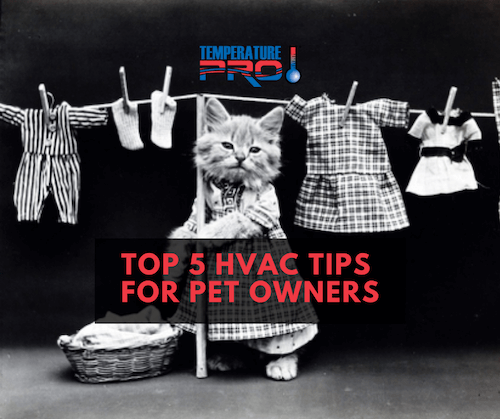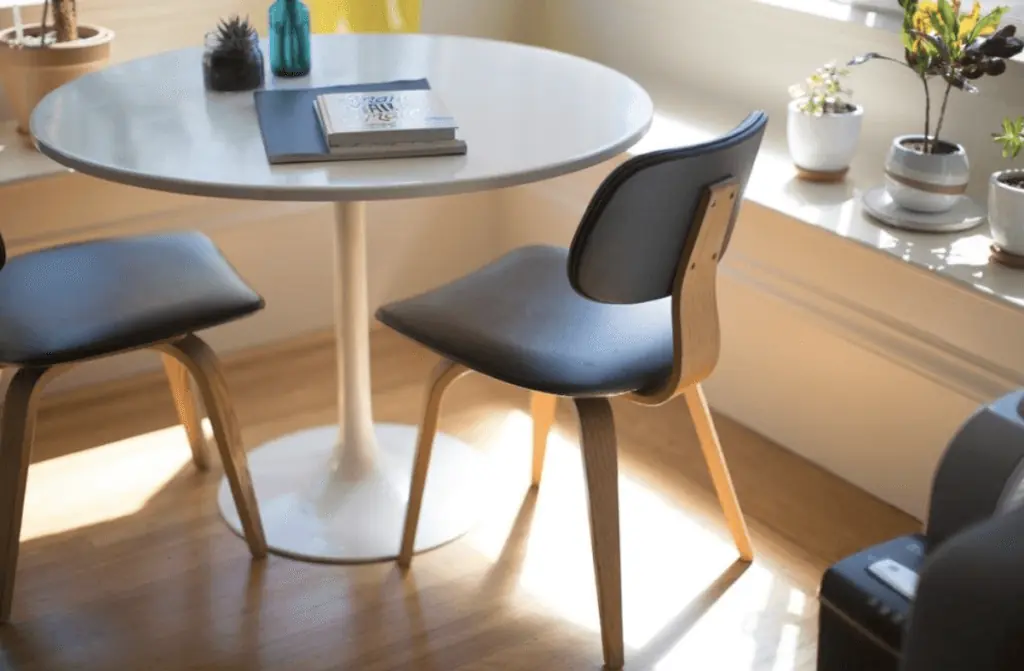5 Steps to Better Air Quality
The Environmental Protection Agency shocked homeowners a few years ago by reporting that indoor air in most homes is on average two to five times more polluted than outdoor air — and in many cases, is even scores of times worse. If you’re skeptical and think your home might be an exception because you work at keeping it clean to the max — well, sorry to disappoint, but a rigorous cleaning regimen alone will not provide good indoor air quality.
Most modern residential construction results in an airtight structure so that the home is more efficient, keeping conditioned air in and unconditioned air out. And while that’s good for your pocketbook, it’s not great for your breathing.
An airtight home isn’t just keeping in conditioned air; it’s also retaining all those airborne pollutants you’ve brought in, let in or generated by allowing certain conditions to exist. Among the major sources of pollution in most homes are these:
- Volatile organic chemicals, or VOCs, off-gassed by household chemicals, textiles, dry cleaning and pressed wood
- Dust
- Pet dander
- Pollen
- Mold
- Insect particles (dust mites)
These pollutants can cause a number of health problems, ranging from triggering asthma attacks, to aggravating allergies and bronchial infections, and causing headaches, dizziness and eye and skin irritations.
Fortunately, there are a number of tactics you can adopt to improve your indoor air quality. Here are five that will help you ensure that your home’s air is fresher, cleaner and less likely to exacerbate any health problems suffered by you or your family.
1. Attack pollutants at the source.
Your best defense against poor indoor air quality is to attack air pollutants at the source: don’t let them in, or else work to contain them. Some ways to do that are:
- Air out products with VOCs before you bring them indoors. Whenever possible, buy natural products. Keep a tight lid on chemicals, or store them in the garage.
- Take off shoes at the door.
- Brush pets outdoors; bathe them at least once a week.
- Brush pollen off clothing, or change clothes quickly upon entering the home and put the clothing in a laundry bag till you can wash it.
- Maintain lower relative humidity (under 50 percent) in the home to control mold. If you find mold, take steps immediately to get rid of it. Be advised that chlorine bleach is not always effective, and it cannot be used on porous surfaces such as wood or drywall. Vinegar and water may be a better solution, but do consult with a professional for advice if you find mold in your home.
- Vacuum rugs and upholstered furniture frequently to control dust mites; wash linens weekly in hot water.
2. Improve your home’s ventilation.
Most modern homes are so airtight that very little fresh air seeps in, the way it used to with older homes of looser construction. You can open a window now and then to let in fresh air, but a better solution is to install some sort of ventilation. There are four basic types:
- Exhaust — Exhaust ventilation is usually installed in rooms where moisture collects, such as the kitchen or bathroom. The ventilation system removes polluted air from the home.
- Supply — Fresh air is pulled inside the home, typically through the ducts.
- Balanced — This type of system adds fresh air equal to the amount of stale air removed.
- Heat or energy recovery — These ventilation systems recover energy or heat while adding fresh air, to reduce heating and cooling costs.
3. Control humidity.
You may not think of humidity as a pollutant, but it can be. High humidity can cause a number of problems in your home, from making occupants feel warmer than they need to in the summer, which means you’ll need to set the thermostat down to feel comfortable, to increasing the likelihood of mold, mildew and fungus in your home. What’s more, high humidity can cause dust mites to flourish in carpets and textiles.
If your home’s humidity is higher than 50-55 percent, you should take steps to reduce it. Exhaust ventilation in damp areas will help. Fix leaks in the plumbing or roof or ceiling as soon as you discover them.
4. Use a good quality air filter.
If you’ve been using a cheap fiberglass filter in your HVAC system, you’re probably keeping your system free of larger dirt particles. But don’t expect these filters to contribute to better air quality in your home, as they are not effective in trapping very small particles that travel into the system with the return air.
Installing a good quality, pleated air filter will do wonders for your indoor air quality. The higher the MERV (minimum efficiency reporting value), the better job the air filter will do. For best results, install an air filter with MERV 8-12. Denser filters will not only remove small particles of dirt, but will also capture pollen, pet dander, mold and viruses. Filters rated higher than MERV 12 will slow down the air flow and cause your system to work harder than it should to condition the air, so should not be installed in most homes.
But if someone in your home has respiratory problems, such as asthma or chronic bronchial issues, you may want to look into having your HVAC system modified so that it can handle a filter with a higher MERV.
5. Install an air cleaner.
Air cleaners go a step beyond air filtration. Mechanical air filters catch particles as they pass through with the HVAC system’s return air supply. Air cleaners, also known as air purifiers, clean in different ways so you will need to decide which type best meets your needs.
For instance, if you have a mold issue, or you’re concerned about other living organisms such as fungus, viruses or bacteria, you may want to look into installing UVGI, or ultraviolet germicidal irradiation, lights in your HVAC system. These devices make use of the ultraviolet end of the light spectrum to kill organisms as they pass through your HVAC system in the air supply. They are usually installed near the evaporator coils, where conditions are likely to be damp, or in the ducts. The bulbs must be changed every year or so, as they are only effective when the light is strong.
If you’re concerned about other types of pollutants, such as pet dander or pollen, an electrostatic air filter, which is installed in the HVAC system, may do the trick. These work by trapping particles with a negative charge as the air passes through the system. The plates must be cleaned periodically to be effective, but these air cleaners last a long time and are considered permanent.
Activated charcoal filtration is a type of air cleaning that helps to remove cigarette smoke and other gas particles from the air.
Air cleaners may come in portable or whole-house models. Generally, whole-house models — that is, those that are installed in your HVAC system — are more effective.
Conclusion
The road to improving your indoor air quality lies not in applying just one of the tactics detailed above, but in crafting an overall, whole-house strategy. If you’d like more information on how to improve the air quality in your home, contact us today.



